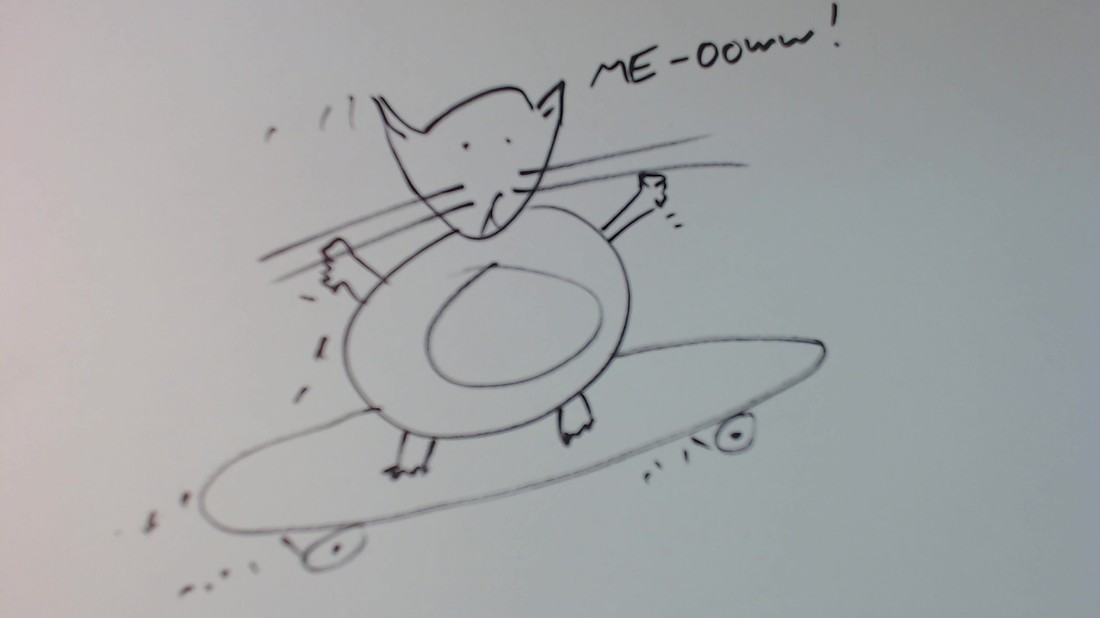The Thursday Thesis - 1/06/2017 “The Myth of the Half-Full Glass” As almost everyone knows, you can tell if someone is an optimist or a pessimist by showing them a glass half-full of your drink. “Is this glass half-full or half-empty?” goes the old saw. Conventional wisdom reckons that an optimist will tell you the glass is half-full, whilst a pessimist will gloomily tell you that the glass is half empty. Oh, you have to love pessimists – those Eeyore-like souls who potter around looking for the bad in everything and everyone. Now, here’s the thing: looking for the bad prevents you from looking for the good. Pessimists are so preoccupied with the search for Bad Stuff that the Good Stuff slips past, unnoticed... Does that make sense to you? When you Google for “cats on skateboards” how many suspension bridges show up in your search results? It’s simple, isn’t it? We see the World exactly how we think it is, whether we think it’s a battlefield or a playpen – that’s how it is for us. And that glass - what if it’s actually full of wee? Notice how being half-empty just became a Good Thing? With enough mischief and playfulness we can reframe everything, with a tiny effort. “What’s good about this?” produces a different response than “What’s bad about this?” “What’s funny about this?” gets more laughs than “What’s serious about this?” Get the idea? Different questions produce different answers, different responses, and – ultimately – a different view of the World. If you are looking for an answer, make sure you’re asking the right question. And if you want a suspension bridge, don’t Google for cats... © Neil Cowmeadow 2017
Please Like and Share The Thursday ThoughtCast with your friends, family, and anyone else. I’d love to hear your comments, along with any ideas you’d care to hurl at me. [email protected]
0 Comments
Leave a Reply. |
Share it with your friends
It's Like This...The Thursday Thesis shares ideas which I think are worth spreading. Archives
May 2022
Categories
All
All content on these pages is the intellectual property of the author, unless otherwise stated, and may not be used in any form or reproduced under any circumstances without the authors permission.
|

 RSS Feed
RSS Feed